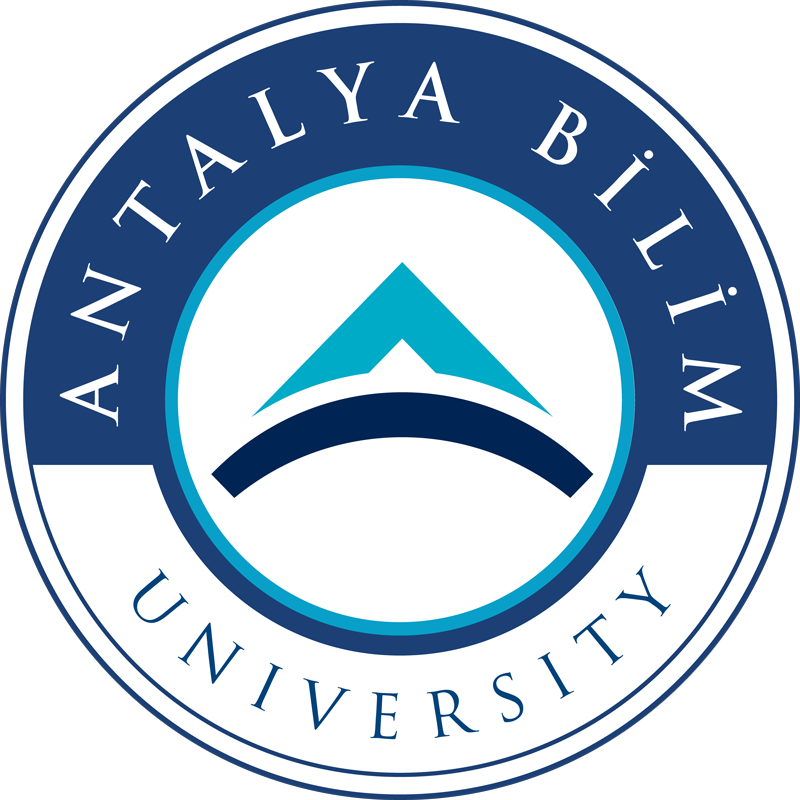A good CV is vital for you to make a good impression, to display your qualities and to emphasize the suitability of your skills to the position you are applying for. One of the main goals of a CV is to attract the attention of the employer. Hence, your CV should be original and express you in the strictest sense. Below are the indispensable subtitles of a CV:
Career Goal
- You should write a very brief paragraph relevant to the institution you are applying to, in which you introduce yourself and explain your purpose in applying.
Personal Information
- You must write your first and last name, address, contact numbers and e-mail address at the top of your CV, either in the middle of the page or in the top left.
- Such information as date and place of birth and marital status should not be mentioned.
- You may state your nationality if applying for overseas positions.
Academic Background
- Write the academic institutions which you have graduated from in reverse chronological order.
- State the degrees you obtained during your studies, your important achievements and your GPA.
- This section of your CV may be at the top if you are a new graduate, but if you already have job experience, it may come after job / internship experience.
Job / Internship Experience
- Write your job and internship experiences in reverse chronological order.
- Write the positions you have held in your work places and below each position, state briefly your responsibilities and the job description.
- Skills
- Write the foreign languages you speak and the computer programs you can use, if any.
- If you are competent in several languages and computer programs, you may indicate your level of competency next to each one.
- If you are a member of professional associations related to your field, indicating them may be of your benefit.
- In addition, you may briefly add your interests and activities under the relevant subtitles. In doing so, think of the activities relevant to the position you are applying for, not all of your past activities.
- Training / Certificates
- Indicate the professional courses you have attended and the training you have had, as well as certificates, under the relevant subtitles.
References
- You may provide two references.
- Your references may be from among the faculty members of our department.
- If you cannot think of a reference, you may omit this section.
- Tips for Writing Effective CVs
Use A4 paper.
- Your CV should not exceed two pages. (Academic CVs may be longer.)
- Avoid long paragraphs. (Most CV are examined for a maximum of 1-3 minutes.)
- Use first person singular or third person singular.
- Type your CV on computer.
- Prefer easily read fonts such as ‘’Times New Roman’’ or ‘’Arial’’ in 11 or 12 font size.
- Do not underline some words or sentences, except for web addresses.
- Watch for spelling mistakes.
- Use language that is easily understood, and avoid jargon and using sentences or expressions that are not your own.
- Write a cover letter specific to the position. For a general job application, state the field in which you would like to work in your cover letter.
- Stick to reverse chronological order.
- Do not include any unnecessary information in your CV.
- If a photo is required:
- Use a passport picture taken in a studio.
- Men should be in a suit and tie.
- Do not use faded or blurry photos with a messy background.
- Do not put a photograph on your CV if you are applying for a job abroad.
